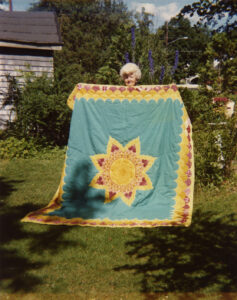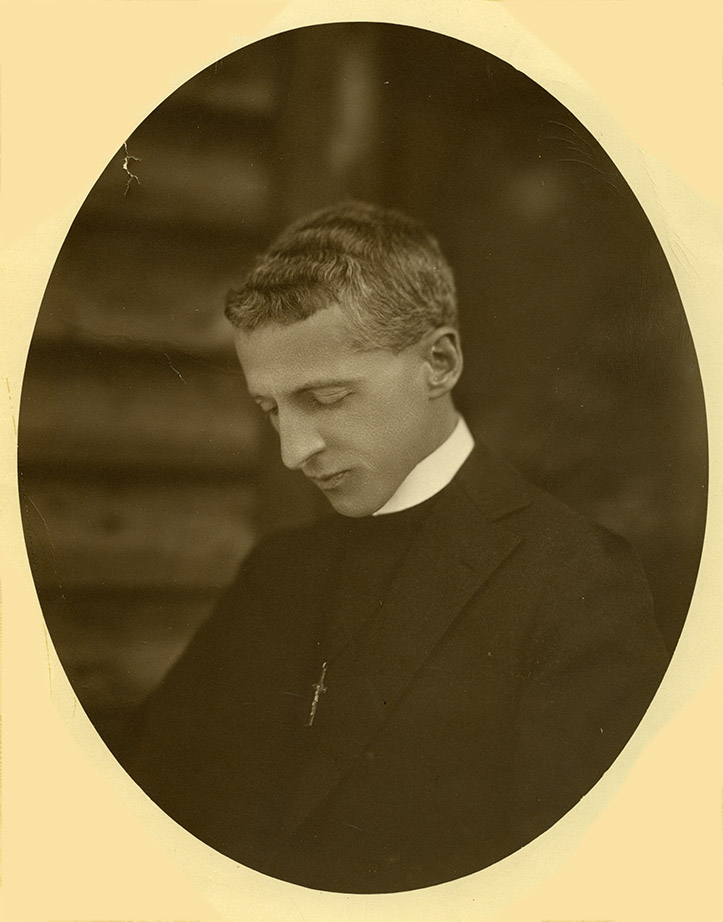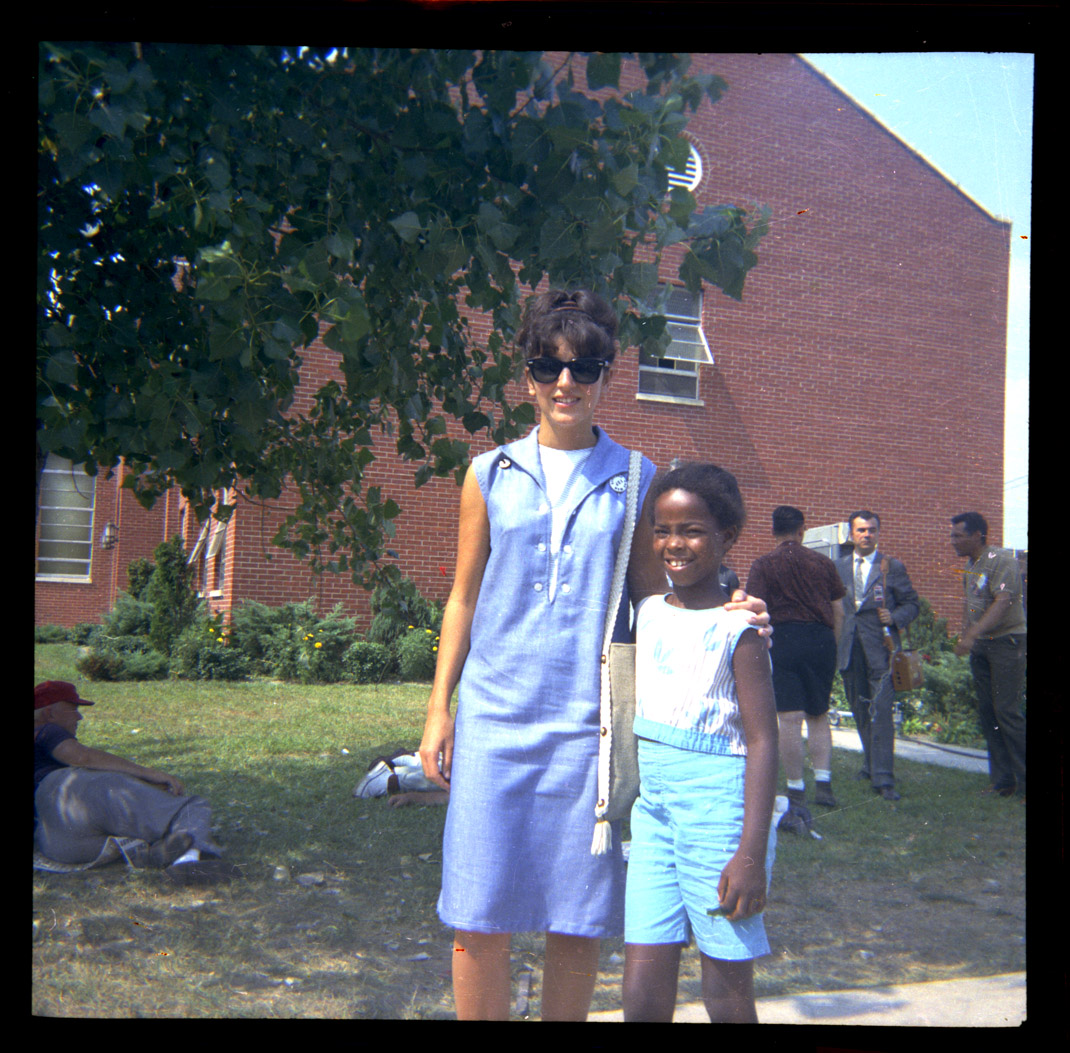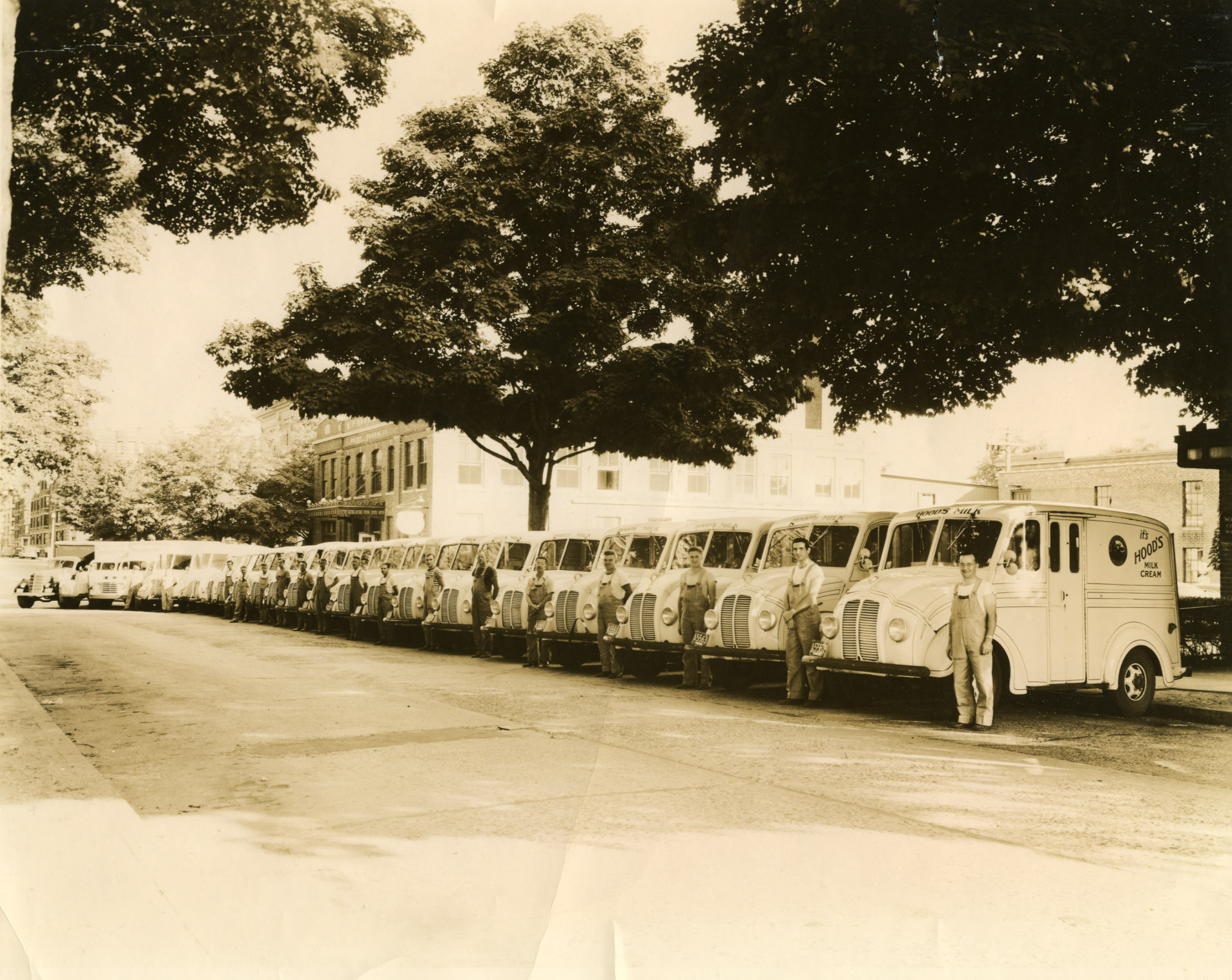Edie Clark Papers
1834-2018 Bulk: 1939-2017
63 boxes 94.5 linear feet
Call no.: MS 1018
Temporarily stored offsite; contact SCUA to request materials from this collection.
Beloved for her essays on New England life and for a long-running column in Yankee Magazine, Edie Clark was born in northern New Jersey in 1948 and raised near Morristown. A graduate of Beaver College, Clark cut short a career as editor for the Chilton Company in 1973 when she and her husband, inspired by Scott Nearing, moved to Vermont to pursue a simpler, more self-sufficient life. Drawing on the skills honed at Chilton, Clark developed a successful editorial business, which led her to approach Yankee Magazine in 1978 with the idea of writing an article on Abby Rockefeller and composting toilets, beginning an association that would last nearly twenty years. In 1990, Clark began writing a regular column on country life for Yankee, and in the years since, she has written dozens of essays and seven books, including The place he made (2008), a memoir about her second husband’s struggle with cancer; States of grace (2010), containing essays on “real Yankees;” and What there was not to tell (2013), an account of Clark’s search to uncover her parents’ experiences during the Second World War. Following a lengthy period of ill health, Clark retired from writing in 2017.
The record of a popular writer known for her depictions of contemporary New England, the Edie Clark Papers contain drafts and printed copies of nearly all of Clark’s work. An assiduous researcher, she gathered background materials on topics ranging from Lyme disease to the New England-Canadian border region to psychics and Spiritualists, and she corresponded or conducted interviews with dozens of people who featured in her work, including the author Carolyn Chute (author of The Beans of Egypt, Maine) and her husband Michael, then leaders in the so-called Second Maine Militia. Even more voluminous are some remarkable Clark family materials, including dozens of essays and letters by Clark’s grandmother Eleanor Sterling Clark and over 2,000 letters from her parents. Luther and Dorothy Clark, written during the Second World War while they were serving in the Army Air Corps and Marine Corps, respectively. These letters formed the basis for Clark’s remarkable book, What there was not to tell.
Gift of Edie Clark, April 2018.
Subjects
Authors--New EnglandNew England--Social life and customs--20th centurySpiritualismWorld War, 1939-1945Contributors
Chute, CarolynClark, Dorothy RahmannClark, Eleanor SterlingClark, Luther Stowell, Jr.Types of material
AudiocassettesOral histories





